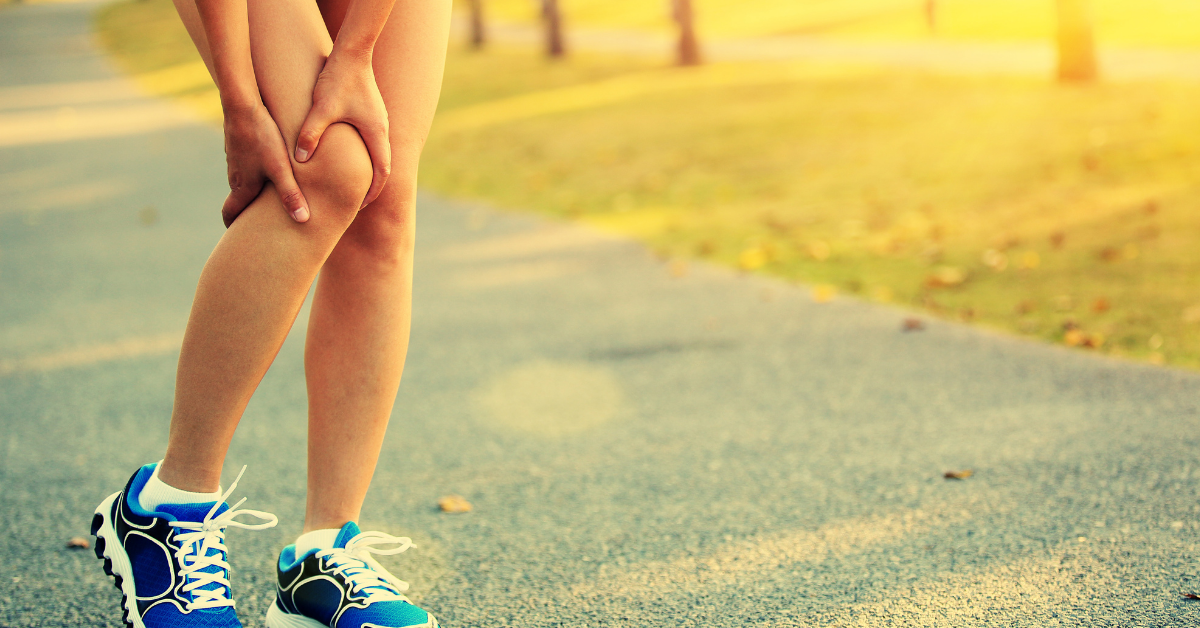
Every year we see millions of people diagnosed with depression. One group that is particularly vulnerable to depression is athletes who deal with sports injuries. Unfortunately, throughout sports and exercise, injuries are inevitable. At the Academy of Orthopedics, we have seen and advised athletes of all precautions to decrease the chances of sustaining sports injuries. However, an injury-free environment is never guaranteed.
Proper research and studies indicate that the effects of sports injuries extend beyond physical impairments. The mental health of athletes is just as significant. After an injury, the most common emotional response is standard and includes sadness, anger, frustration, and confusion. Other reactions are common as well.
When these emotions do not subside or recovery takes longer, there might be a reason for concern. Depressive symptoms include persistent sadness, empty mood, feelings of hopelessness, worthlessness, and difficulty concentrating, remembering, making decisions, and sleeping.
Causes and Triggers of Sports Injuries
Sports injuries can cause an athlete to become depressed for many reasons. The athlete might associate the injury with a performance failure. Athletes who are not able to physically perform at their expected level often become discouraged and agitated. Sudden changes in basic performance can be a tough adjustment, especially when the athlete is familiar with demanding and expecting a lot of their body.
You can also look at daily living activities that are drastically affected by sports injuries. If the injury is severe enough, the athlete might have to depend on others to help with what used to be effortless actions like showering or getting dressed. This no doubt decreases the athlete’s feelings of independence and leads to feelings of exasperation and shame.
Then you have to take into account the athlete’s feelings of inadequacy. These feelings may begin to arise when they notice their role on the team is now less significant than before. Many athletes fear the possibility of losing their spot.
Lastly, some athletes also fear that they will not fully recover from their injuries. In most cases, sports injuries require a complete and timely recovery. Should the injury have been more extreme and gruesome, the athlete may not fully recover, both physically and mentally.
Prevention and Treatment of Sports Injuries
It doesn’t matter which previously mentioned sports injury causes depression; there is one similarity in all instances. That is the need for social support. It is up to all athletic personnel, coaches, trainers, teammates, and even parents or guardians to be aware of the dangers of sports injuries when it comes to mental health.
If any of these people notice the potential onset of depression in an athlete, they need to take the time to check in with that athlete. Ask how they are feeling or what they are experiencing. Then, if necessary, athletes have the option of consulting a counselor or psychologist to help them recover.
Call Academy Orthopedics for an Appointment Today
For more information on sports injuries, how best to treat them, and your overall health as an athlete, consult the professionals at Academy Orthopedics. Call our office at 770-271-9857 to schedule an appointment with an orthopedic surgeon.
